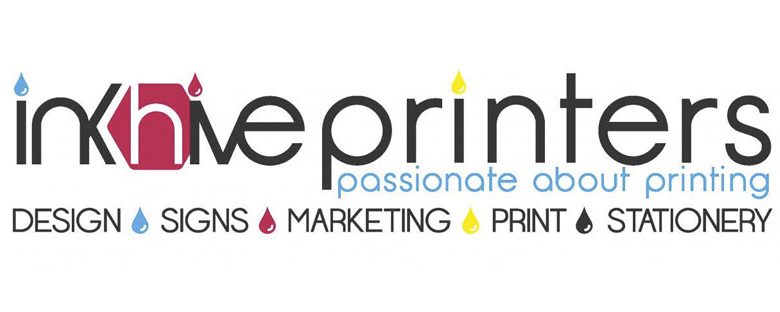5 Tips for Creating a Professional and Memorable Business Card

Consider your target audience: When designing a business card, it’s important to consider the needs and preferences of your target audience. Think about the industry you’re in and the image you want to portray. A business card for a creative industry, for example, might have more visual flair and use unconventional materials, while a business card for a corporate setting might be more traditional and professional.
Include relevant information: Your business card should include your name, job title, company name, and contact information, such as your phone number, email, and website. You may also want to include a logo or tagline that represents your brand.
Choose the right materials: There are many options to choose from when it comes to business card materials, including paper, plastic, and metal. Each material has its own unique properties and can be used to create a specific look and feel. For example, a metal business card might be more appropriate for a high-end luxury brand, while a paper business card might be more suitable for a small local business.
Utilize design elements: The design of your business card is an important factor in making it memorable. Use high-quality images, bold fonts, and eye-catching colors to make your business card stand out.
Consider incorporating unique elements: One unique trend in business card design is the use of augmented reality (AR). By including an AR component in your business card, you can provide a more interactive and engaging experience for potential clients and partners. For example, you could use AR to showcase a virtual tour of your office or a product demo. Overall, the key to creating a professional and memorable business card is to consider your target audience, include relevant information, choose the right materials, utilize design elements, and consider incorporating unique elements.
Business cards are a staple in the world of professional networking and marketing. These small cards, typically measuring just 3.5 inches by 2 inches, pack a big punch when it comes to representing your business and leaving a lasting impression on potential clients and partners.
One of the key benefits of business cards is their versatility. They can be used in a variety of settings, including networking events, conferences, and meetings with potential clients. They can also be left behind with potential customers or clients as a tangible reminder of your business and contact information.
When designing a business card, it’s important to keep in mind the needs and preferences of your target audience. Consider the industry you’re in and the image you want to portray. A business card for a creative industry, for example, might have more visual flair and use unconventional materials, while a business card for a corporate setting might be more traditional and professional.
In terms of content, your business card should include your name, job title, company name, and contact information, such as your phone number, email, and website. You may also want to include a logo or tagline that represents your brand.
One trend in business card design is the use of QR codes, which can be scanned with a smartphone to instantly access a website or other digital content. This can be a great way to provide additional information to potential clients or partners, such as a portfolio or more detailed contact information.
In terms of materials, there are many options to choose from, including paper, plastic, and metal. Each material has its own unique properties and can be used to create a specific look and feel. For example, a metal business card might be more appropriate for a high-end luxury brand, while a paper business card might be more suitable for a small local business.
To stand out in today’s competitive business landscape, it’s important to have a well-designed and professional business card. By considering your target audience, including relevant information, and choosing the right materials, you can create a business card that effectively represents your brand and leaves a lasting impression on potential clients and partners.

